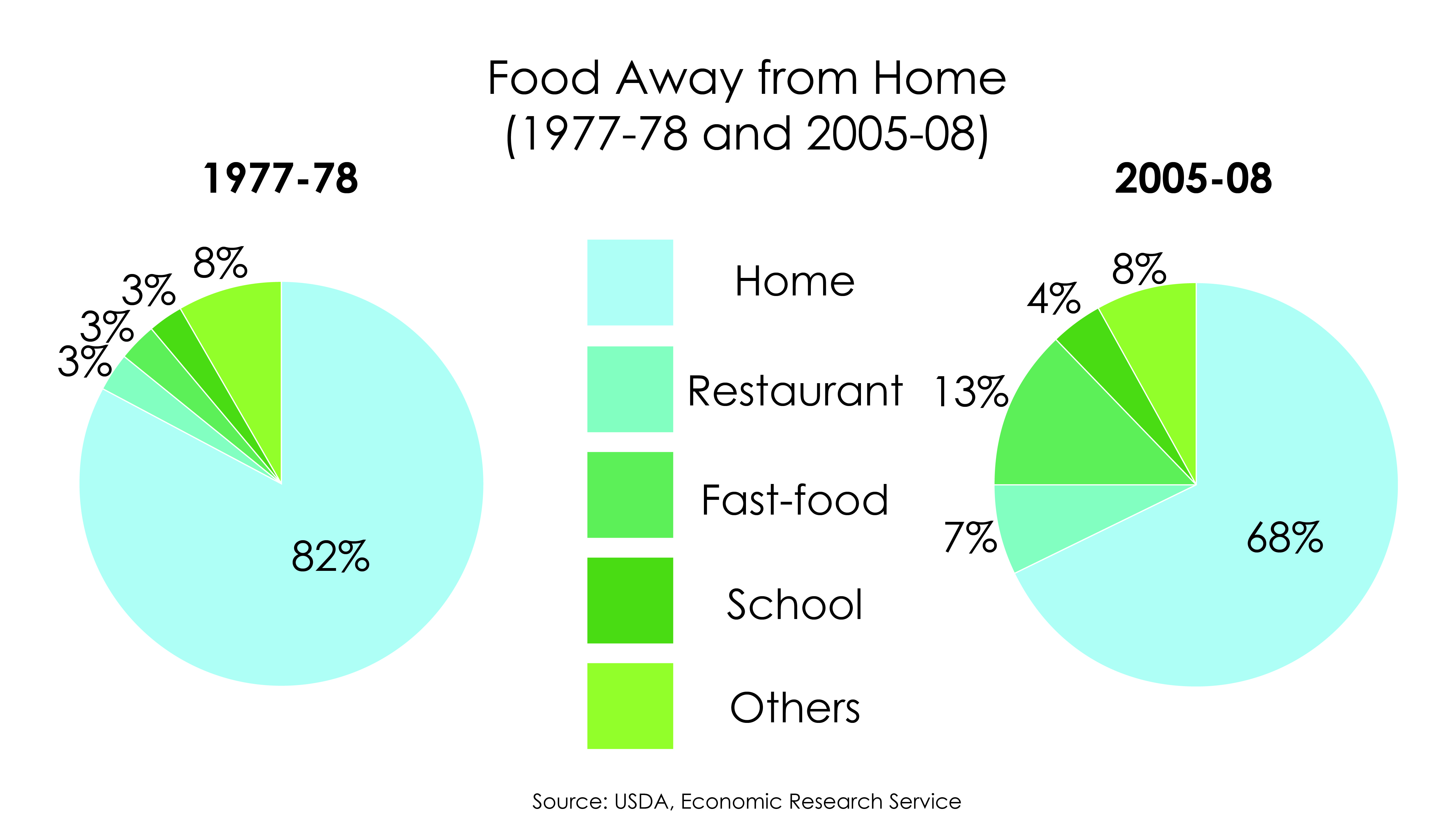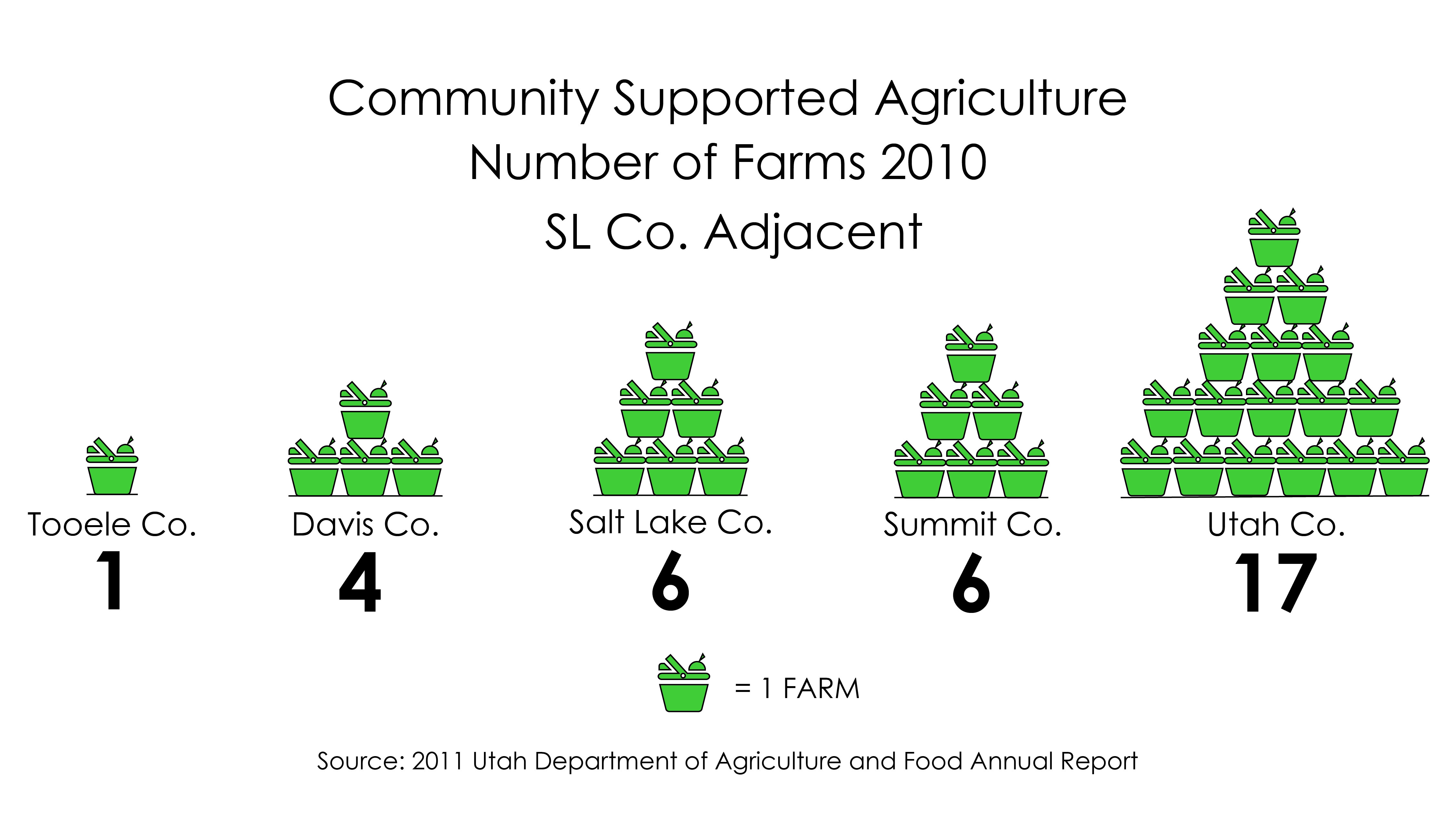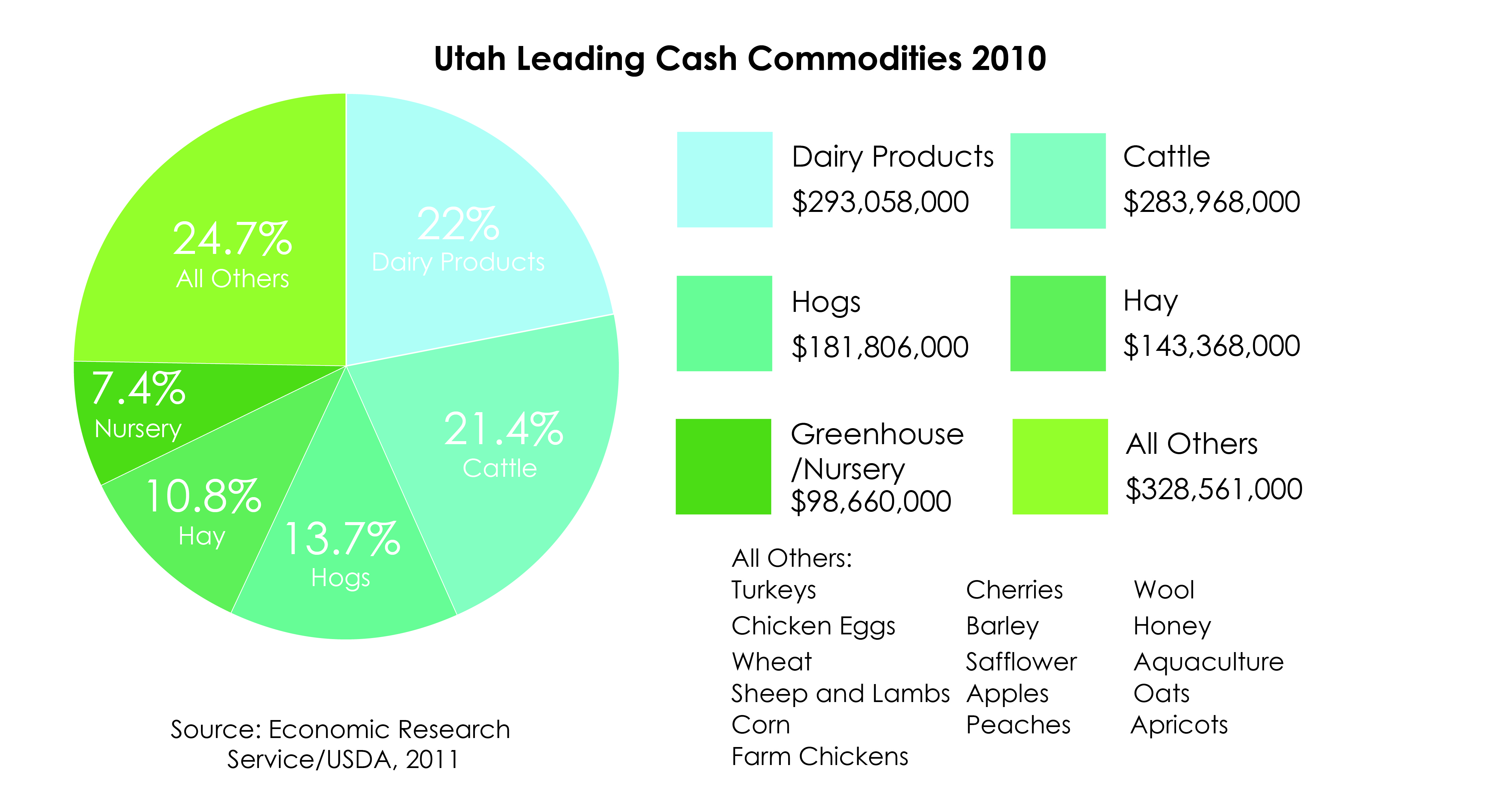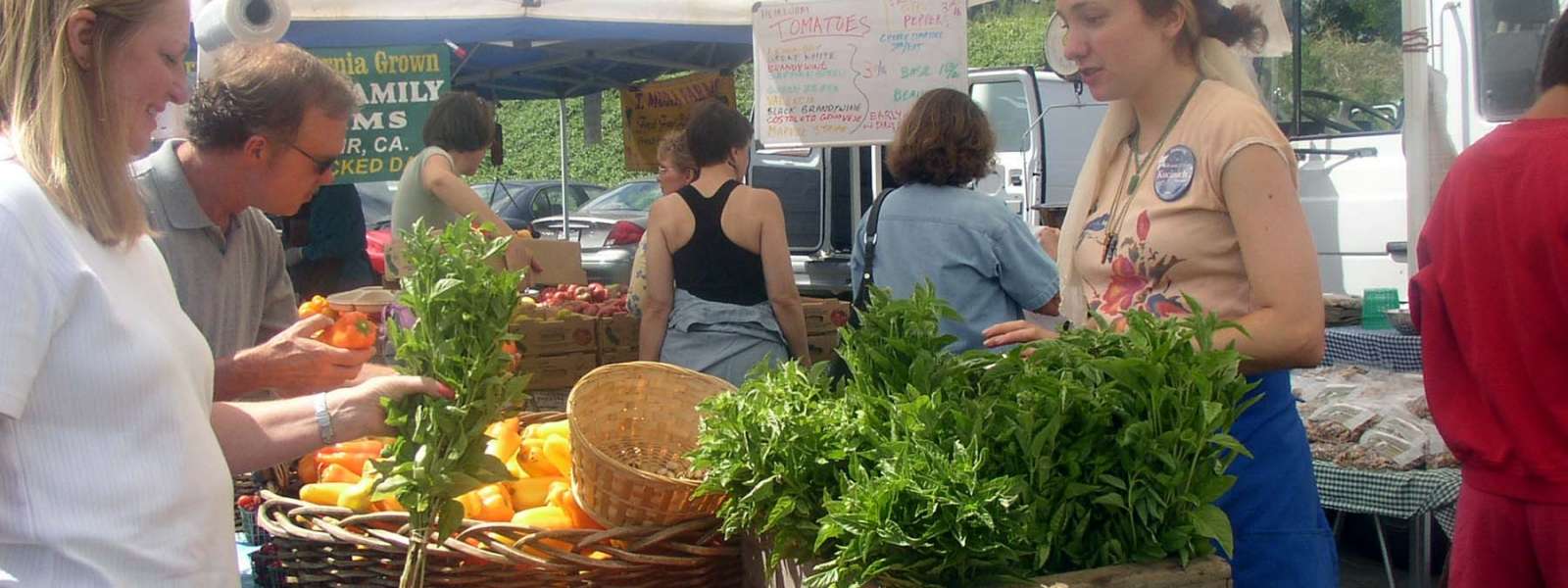In 2011, the Salt Lake City Food Policy Task Force engaged VODA to analyze aspects of the food system for Salt Lake City. The planning team was asked to perform public surveys and public outreach, as well as talk to local stakeholders connected to food production, processing, consumption, food waste, community health, and nutrition education.

This community food assessment is a “snapshot in time” of Salt Lake City’s food system. It provides analysis of data and current policy, and supplies the Food Policy Task Force, the City, and the public with basic information about our food system, in order to make informed decisions about how we can work together to develop a more local, affordable, and sustainable food system.

What is Food Sustainability?
A sustainable system is one that meets the needs of the community without limiting the ability of future generations to do the same. A sustainable food system is one that encourages consumption of fresh, local food, encourages investment in local resources, and promotes long-term health and nutrition in the population. Our food system today depends on transportation of large quantities of food long distances, requiring consumption of vast amounts of finite energy resources. The population generally consumes large amounts of highly processed, unhealthy foods, resulting in growing numbers of diet-related conditions in all segments of the public.
Current trends indicate that there is a growing interest in local food production. The number of farmers markets and community supported agriculture programs indicate that demand for a local connection to food is on the rise. Concern with food provided at public schools continues to grow, and policies related to feeding at-risk populations continue to develop. Interest in gardening and at-home food production is seen across the city. The numbers of community gardens continue to grow, and more and more people are having an honest discussion about how we can build in more sustainable policies relating to our food system.



